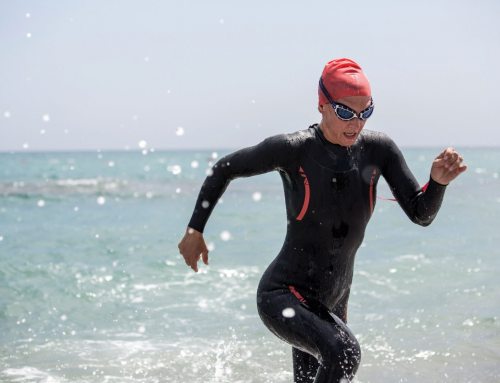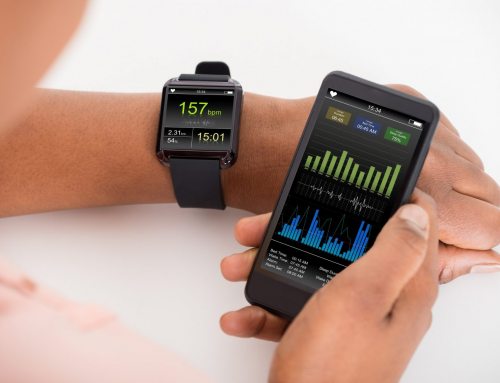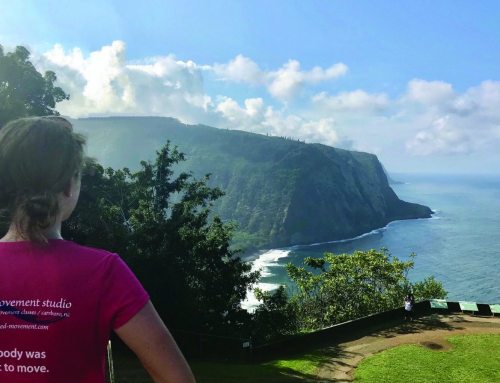Learn to Relax for an Efficient Stroke
By Dave Williams
If you’re not a swimmer and want to do a triathlon the very first thing that you should do is to look for a good swim clinic or find a coach to do a one-on-one session. Correct technique is paramount in all three disciplines of triathlon, but especially in swimming. If you can get videotape analysis, that would be ideal. Having someone give you an assessment of your stroke and direct you to what parts of your stroke to spend your time thinking about will help you improve faster and much more efficiently than trying to do it on your own or through videos, youtube, articles, etc.
Once you have done that, you can look for training groups that are geared more toward beginners than serious swimmers. Finding a good master’s program (at a fitness club, YMCA, local college pool, etc.) with a coach on deck that will help you with your workout and give pointers on your stroke can be invaluable and well worth the fees. I realize that time is tight for most people, but try to swim often. There is a much quicker improvement from swimming three times a week as opposed to two, and four is better than three. If you only swim once or twice a week it’s very difficult to maintain your feel for the water and it often feels awkward every time you get back in.
Many people work way too hard in the water. My biggest advice to beginners is to learn to relax. The more relaxed you are, the better you float, and the more efficient your stroke becomes. Then, you can gain speed by applying force through the pull under your body while keeping everything else relaxed.
You should also practice race specific swimming to avoid surprises on race day. This would include swimming in a group, snaking through the pool if you’re doing a pool swim triathlon, sighting in open water, etc.
If you have some experience swimming, but not competitively, you are not unlike many people who decide to tackle their first triathlon. Most of my recommendations for beginners apply to this group as well. First and foremost, work on your technique by finding a good coach or clinic that will give you a detailed assessment and breakdown of your stroke. Be patient while working on the new technique. The more experience you have with swimming the harder it is to make changes to the stroke. This is where the adage that you have to slow down to get faster is true. Allow yourself time to adapt to new stroke techniques – at least a couple of weeks. After this, or even as you are going through it, you should start to incorporate swimming specific exercises into a strength routine. This not only helps to engrain correct muscle patterns and improve speed through power, but also helps avoid injury if done correctly. Including some stretch cord work and a variety of core exercises with the strength program will also go a long way in helping your swim.
Do a variety of sets during your workouts. Be diligent about drills to focus on technique and break down sets into different speeds and distances. This is a much better use of your time than just swimming straight as much as you may think otherwise. It’s better to get in 1,200 yards broken up into sets than it is to swim 1,600 yards straight in the same amount of time. In terms of yardage, try to build yourself up to swim at least 2,000 yards per workout over time, including a warm-up and drill sets. Also, use swim tools such as swim paddles and pull buoys a bit during your swims to help build power and focus on your stroke. Just make sure not to only swim with a buoy because you won’t be allowed to use it in a race. In addition, add in kick-only sets. The kick is a much more important part of swimming, even in triathlon, than most people are led to believe. Doing a few hundred yards of kicking during a workout can help tremendously.
The common denominator is to find someone that can help you fine tune your swimming stroke. Swimming is very technique driven so a little practice on this can go a long way no matter what level of swimmer you are.
# # #
Dave Williams holds a masters degree in Exercise Physiology from UNC and is the owner of Triangle Multisport coaching. He qualified and competed in the 2003 Hawaii Ironman World Championship and was a member of Team USA at the Olympic Distance Triathlon World Championships from 2003 – 2005 and 2007 – 2009.





